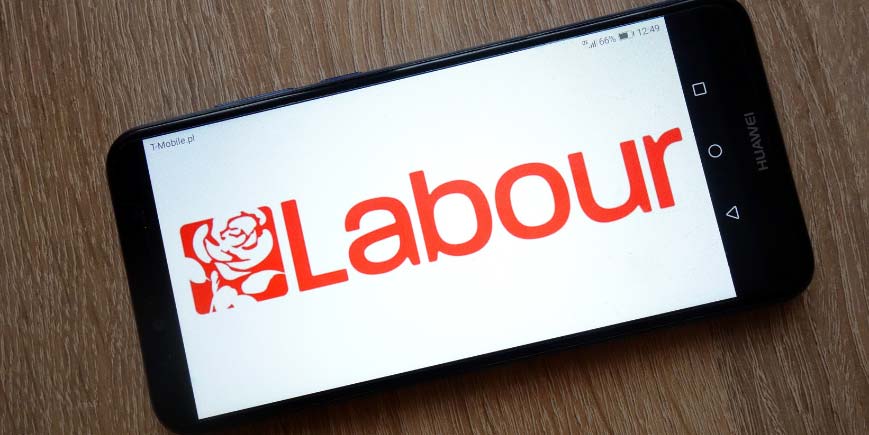This information should not be interpreted as financial, tax or legal advice. Mortgage and loan rates are subject to change.

Category: government and politics
One of the Labour Party’s top priorities listed in their 2024 manifesto was to immediately scrap Section 21 – as it turns out, that’s much easier said than done.
In light of Labour’s widely predicted landslide victory this General Election, landlords have been concerned about some of the party’s most promoted policies that will affect their livelihoods.
A complete change of tune from Labour
Newly appointed Deputy Prime Minister and Housing Secretary Angela Rayner has admitted that Labour’s campaign against Section 21 may run into roadblocks from the court system, which will cause major delays to their process of repealing the legislation.
Furthermore, the party’s bold claim of doing all this within their first day in power was “a simplistic way of looking at it,” in Rayner’s own words. In order to make such a change, reforms to the court system would be needed first. Of course, this would take even longer for the government to arrange.
The landlord community could be forgiven for feeling significant frustration at this flip-flopping. Not because they are keen for it to go ahead, but because it seems to underline just how much blindness there is to the complexity around evictions.
Labour also wanted to reform leasehold properties…
While Labour still aim to repeal Section 21 in the end, there is a precedent for them toning down expectations for other plans to reform property laws.
Earlier this year, Labour rolled back their plans to reform the leasehold system. They announced their intention to abolish it entirely within their first 100 days in power. Yet, long before they won the election, the expectation for this changed to “at the earliest opportunity,” according to a Labour spokesperson.
Banning leasehold contracts would, in theory, save homeowners from ground rent and service charges to freeholders. Leasehold costs have grown pricier in recent years. However, like the Section 21 situation, this is another example of Labour being overly optimistic about the time and effort it would take to revoke a major piece of legislation.
A word from our CEO Jorden Abbs
Commercial Trust’s Chief Executive Jorden Abbs comments:
Big promises are always made in the lead-up to a General Election, but once a party gets into power, they quickly confront the practical challenges that come with the territory.
“Politicians often have to reorient their plans when this happens, which is clearly what is happening with Labour’s revised sentiment on scrapping Section 21.
“We hope Labour will take the time to really understand the issues here, on both sides. If they do press ahead with the Section 21 repeal, the minimum we would expect is that the courts system is improved. Whilst this immediate change of tune has a strong sense of the rental sector saying ‘we told you so’, it is encouraging that Labour are not ploughing ahead, which I feel would have been a mistake.


